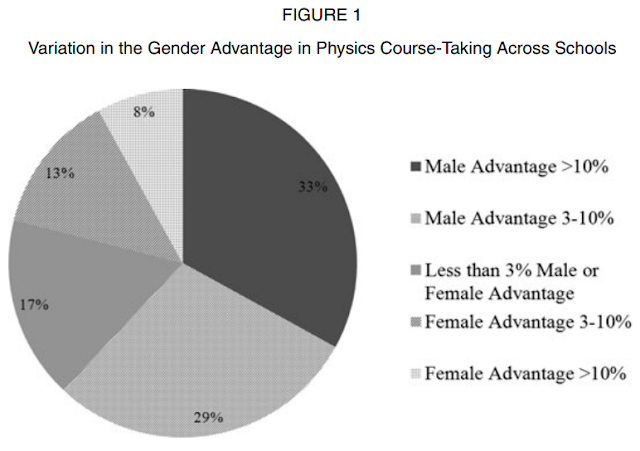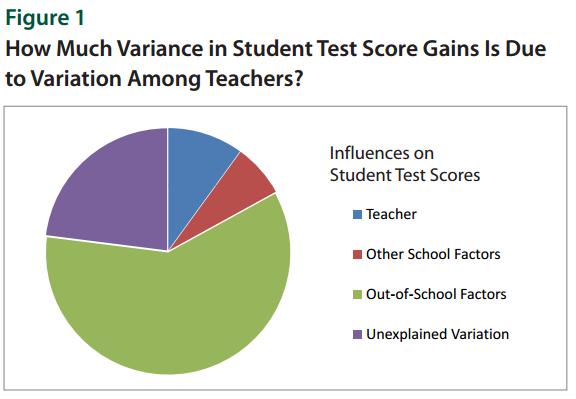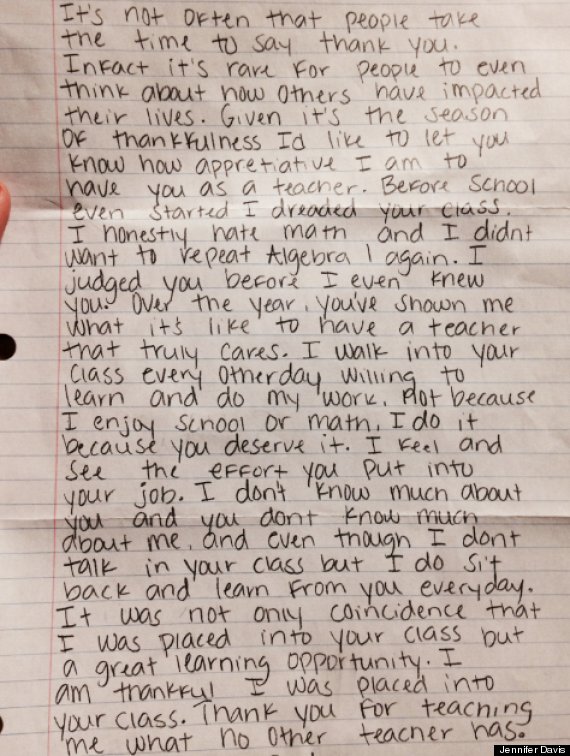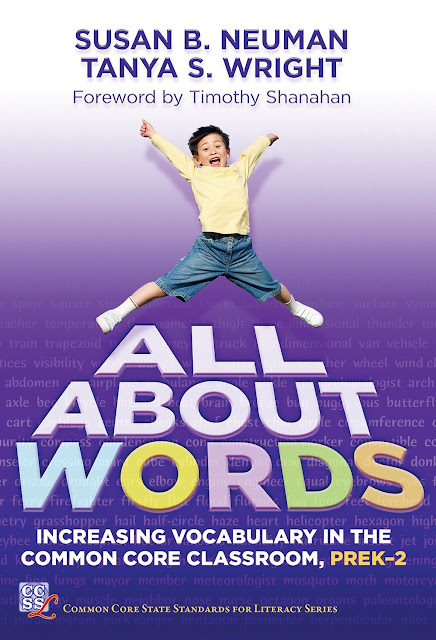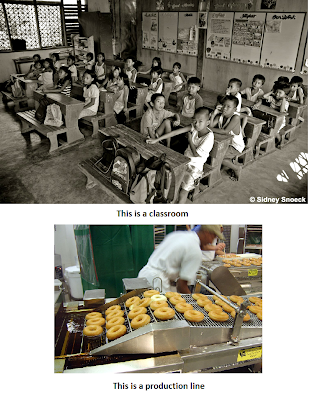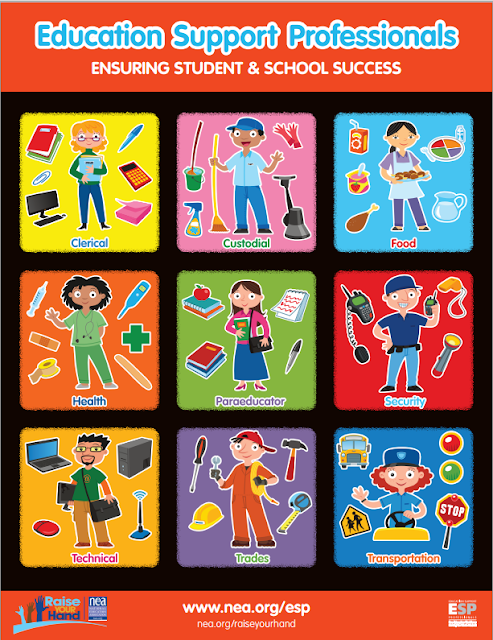Another Year, Another Chance

The year 2013 is about to end. Another year has gone by. While it is usually the time to reflect on how to make things better, it is also en excellent opportunity to look back. "Bear in mind that the wonderful things you learn in your schools are the work of many generations, produced by enthusiastic effort and infinite labor in every country of the world. All this is put into your hands as your inheritance in order that you may receive it, honor it, add to it, and one day faithfully hand it to your children. Thus do we mortals achieve immortality in the permanent things which we create in common." - Albert Einstein “Tomorrow is the first blank page of a 365 page book. Write a good one.” - Brad Paisley These two quotes crystallize the intersection between past and future. That point is always the day at hand, the present. This blog has gone through another year. This is a blog that shares findings from research on education as well as aspirations for the ...


